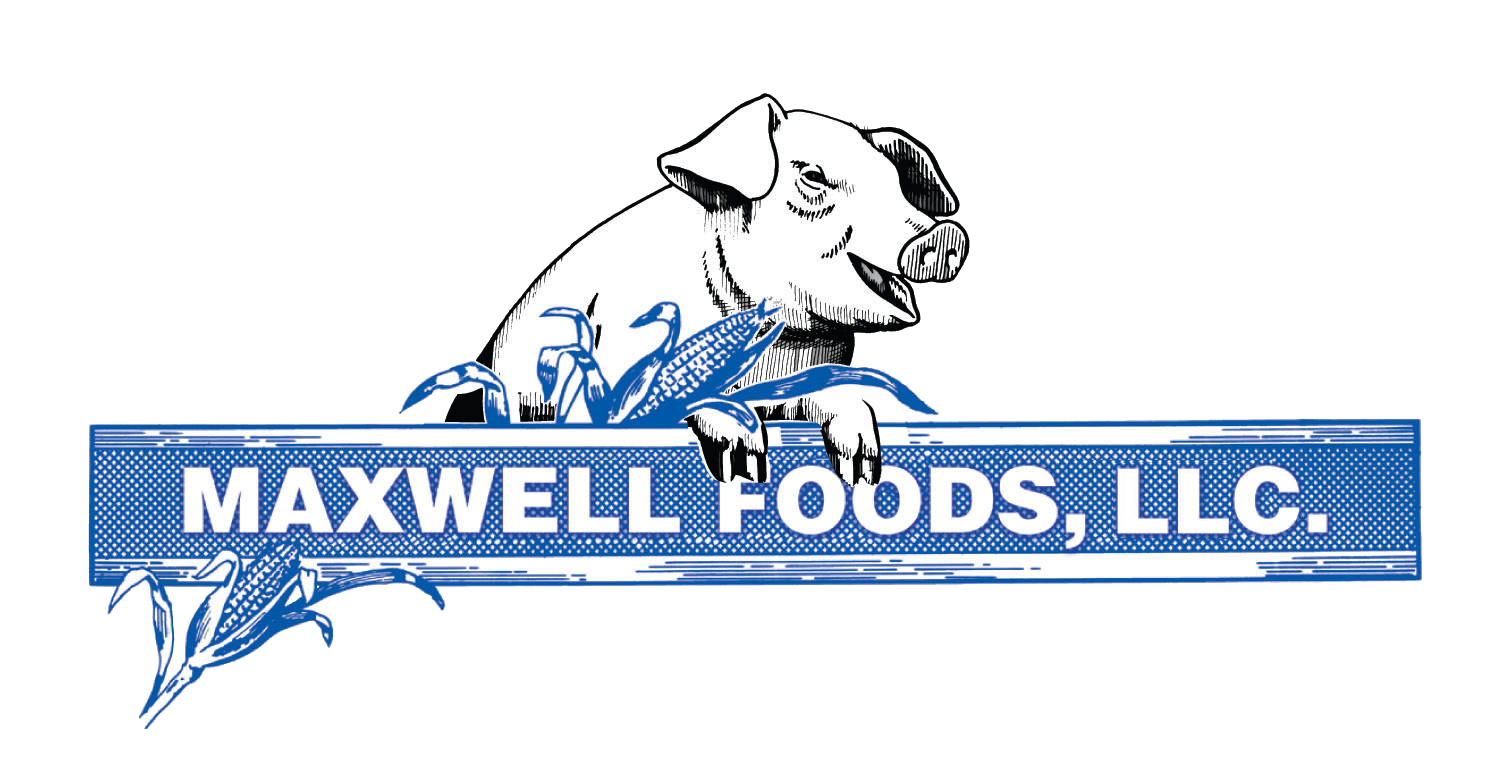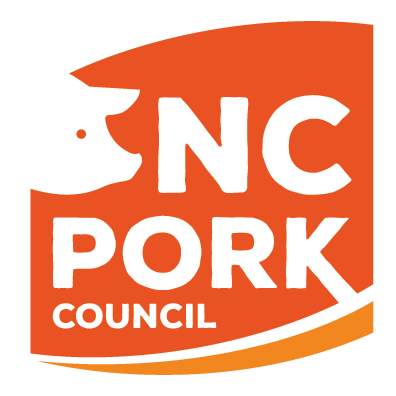Smithfield Foods to Appeal Nuisance Lawsuit Verdict
A statement was released by Smithfield Foods regarding the recent verdict of the nuisance lawsuits. It is as follows:
Smithfield Foods Statement Regarding North Carolina Verdict
We are extremely disappointed by the verdict. We will appeal to the Fourth Circuit, and we are confident we will prevail. We believe the outcome would have been different if the court had allowed the jury to (1) visit the plaintiffs’ properties and the Kinlaw farm and (2) hear additional vital evidence, especially the results of our expert’s odor-monitoring tests.These lawsuits are an outrageous attack on animal agriculture, rural North Carolina and thousands of independent family farmers who own and operate contract farms. These farmers are apparently not safe from attack even if they fully comply with all federal, state and local laws and regulations. The lawsuits are a serious threat to a major industry, to North Carolina’s entire economy and to the jobs and livelihoods of tens of thousands of North Carolinians.From the beginning, the lawsuits have been nothing more than a money grab by a big litigation machine. Plaintiffs’ original lawyers promised potential plaintiffs a big payday. Those lawyers were condemned by a North Carolina state court for unethical practices. Plaintiffs’ counsel at trial relied heavily on anti-agriculture, anti-corporate rhetoric rather than the real facts in the case. These practices are abuses of our legal system, and we will continue to fight them.—Statement by Keira Lombardo, Senior Vice President of Corporate Affairs, Smithfield Foods, Inc.
Nuisance Lawsuits Against Hog Farms Begin: Opening Arguments Recap
The first in a series of nuisance lawsuits against Murphy-Brown went to court this week in Raleigh. The opening arguments provided an outline of each side’s case. Here’s a recap:
Attorneys for the plaintiffs made an emotional appeal in their opening argument, portraying their clients as sympathetic victims who suffer from unbearable odor created by the nearby hog farm. Attorneys explained how North Carolina hog farming has changed since the 1980s, with a move toward large commercial farms that prevent neighbors from enjoying their property. They placed the blame squarely on Murphy-Brown, saying they control the operations of local growers and are well aware of the nuisances they create.
At times, the rhetoric was over the top. “We can’t bring hog odor into the courtroom. I wish we could. But we’d never get it out. It’s that bad."
The defense took a more reasoned, scientific approach and reminded jurors that this case is about the conditions at a single farm: Kinlaw Farm in Bladen County. It is not about what happened in the ‘80s or ‘90s and is not about hog farms in general. The attorneys emphasized that the Kinlaw Farm has never had any issues — no complaints, no violations, no concerns raised. They stressed that the farmer enjoyed good relationships with his neighbors until out-of-state lawyers showed up.
The attorneys also highlighted the growth that has occurred around the Kinlaw Farm since it began operations, including the construction of a world-class horse farm, a vacation property popular with those who love the outdoors, and several new houses where young families now live. “Actions speak volumes,” the attorney told jurors.
Rolling Stone Reports on NC Hog Farms, Funded by Anti-Hog Farming Organization
The Rolling Stone article “Why is China Treating North Carolina like the Developing World?” is filled with unchecked facts, false claims, and exaggerated descriptions. After trudging through inaccuracy after inaccuracy, you come to the final line which says:This story was published in partnership with the UC Berkeley-11th Hour Food and Farming Journalism Fellowship.What does that mean? Upon some research, we found the entire story was funded by a foundation with an agenda that focuses on what they call “ending industrialized animal agriculture.”This raises a serious question: can journalism be bought?The UC-Berkley 11th Hour Food and Farming Journalism Fellowship is supported by a grant from the Schmidt Family Foundation.The program offers ten $10,000 fellowships to journalists with the stipulation that they “report ambitious long form print” on a subject in the food system. Fellows must also attend a workshop in June and December where editors will help them refine and shape their stories.Workshops. Editors. All funded by an organization that's against modern agriculture. An organization that gives grants to the likes of EWG who with Waterkeeper Alliance published “Exposing Fields of Filth: Landmark Report Maps Feces-Laden Hog and Chicken Operations in North Carolina.”What story was published in partnership with this fellowship? The Rolling Stone piece.Needless to say, the Rolling Stone article had an agenda. The agenda was paid for by an organization with a goal to end modern pig farming.You expect journalists to check the facts. You expect them to present the full story. You expect them to follow some sort of code of ethics. Apparently, the bar is much too high for Rolling Stone.Can journalism be bought? In this case, it would seem so.
Farmkeepers Blog
The Farmkeepers is the official blog of NC Farm Families. It is here that words will flow, our voice will be heard, a stand will be made, and the farm families of North Carolina will be protected. In these posts, we'll set the record straight. You'll see the faces of the families who feed us. Here, you'll receive all the updates and news. It is here that we will fight for farmers and be the keepers of the farm in NC. We hope you'll join us. Follow along on social media and by joining our email list.
















